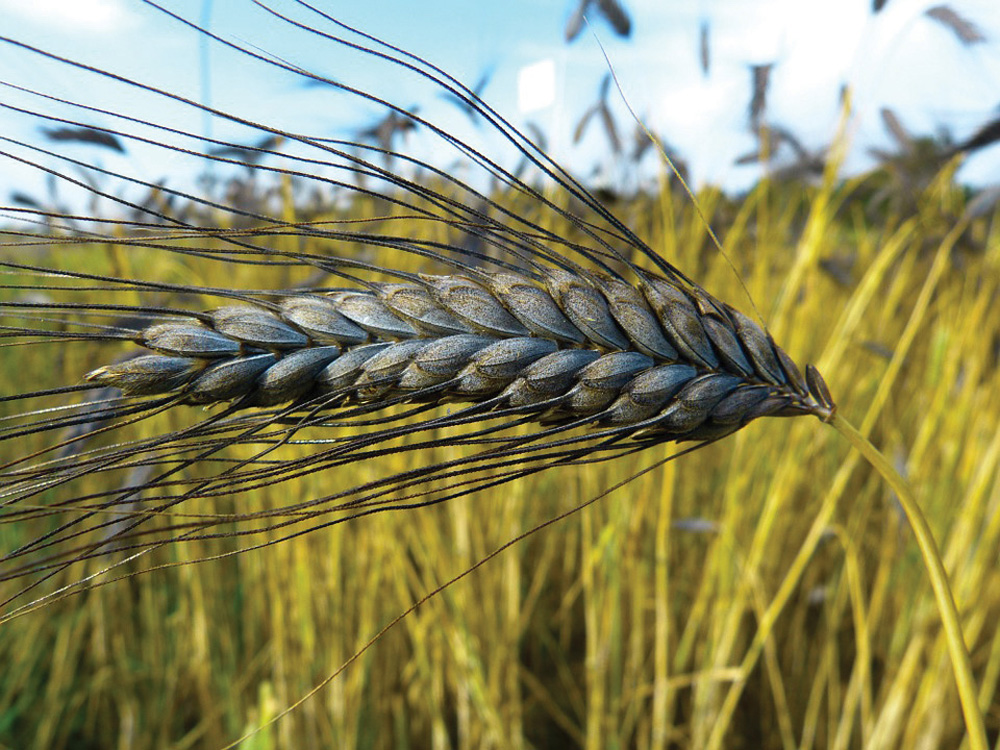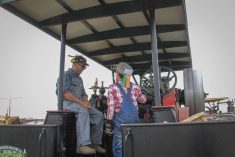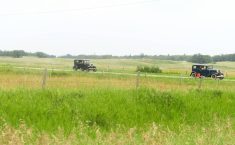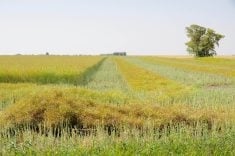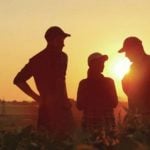It turns out the roots for farming run deeper than previously thought — about 10,000 years deeper to be precise.
New research from the U.K.’s University of Warwick has shown ancient hunter-gatherers began to systemically affect the evolution of crops as far back as 30,000 years ago.
Professor Robin Allaby has discovered that human crop gathering was so extensive, as long ago as the last Ice Age, that it started to have an effect on the evolution of rice, wheat and barley — triggering the process which turned these plants from wild to domesticated.
Read Also

AAFC organic research program cut
Canada’s organic sector says the loss of a federal organic research program at Swift Current, Sask., will set the industry back.
The research demonstrates evidence of einkorn being affected up to 30,000 years ago, and rice has been shown to be affected more than 13,000 years ago.
Furthermore, emmer wheat is proved to have been affected 25,000 years ago in the Southern Levant — and barley in the same geographical region over 21,000 years ago.
The researchers traced the timeline of crop evolution in these areas by analyzing the evolving gene frequencies of archeologically uncovered plant remains.
Wild plants contain a gene which enables them to spread or shatter their seeds widely. When a plant begins to be gathered on a large scale, human activity alters its evolution, changing this gene and causing the plant to retain its seeds.
The researchers examined crop remains and made calculations based on the level of non-shattering genes found, pinpointing the origins of the selective pressures leading to crop domestication much earlier, and in geological eras considered inhospitable to farming.

